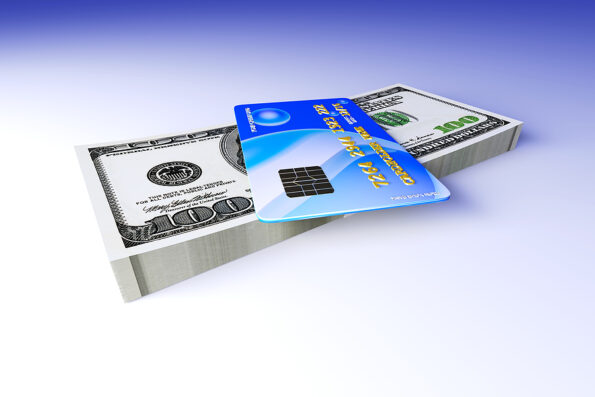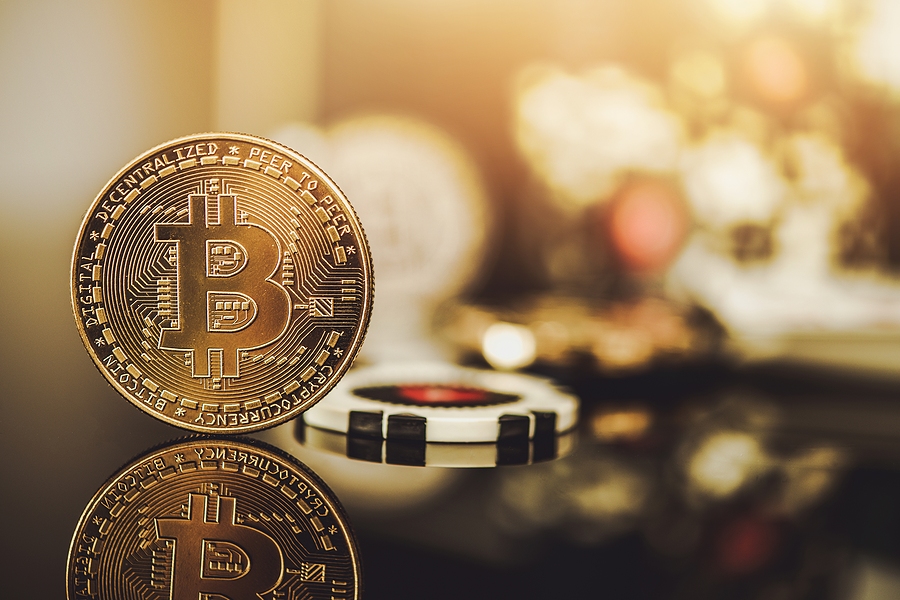Of the multiple ways to pay for goods and services (using your own money), debit cards are by far the most convenient. Introduced to the US banking system in the 1960s, debit cards became a widely used payment method by the mid-1970s. With a four-digit pin, consumers could access funds from their financial accounts to pay bills and make purchases, saving them a trip to the bank or ATM. Of course, debit card uses and features have since evolved. Continue reading to learn more.
What Is A Debit Card?
A debit card is a plastic card issued by banks to financial account holders. They are directly linked to a checking or savings account and are used to make instant payments, and ATM withdraws. Unlike credit cards in which consumers borrow money, the funds available on a debit card are your own, meaning there is no balance due or interest to repay.
How Do Debit Cards Work?
When you open a checking or savings account with a bank or credit union, you have an option to receive a debit card. The card has a unique set of numbers (16 digits, to be exact), a VISA or Mastercard logo, a security code, and an expiration date.
You can swipe the card in stores or enter the numbers online to make a purchase, and the funds are pulled directly from your bank account. If you’ve created a four-digit pin, you can also use the card to access money from an ATM.
Benefits Of Having A Debit Card
Why would someone be interested in having a debit card? Below are a few of the advantages.
- Convenience – When you lead a busy lifestyle, you don’t always have time to visit the bank or credit union to access your cash. A debit card enables you to make purchases and retrieve some money 24/7.
- Prevents Debt – Debit cards only enable you to use the money you’ve put in your account at the bank, using mobile check deposit, or through electronic transfer from another account you own. That means you can’t get tempted to pay for something you can’t afford as you can with a credit card. Using a debit card is also interest-free.
- Better Budgeting – When you write a check, it could take days or even weeks to withdraw the funds from your account. If you haven’t balanced your checkbook accurately, you could end up spending money you don’t have. As a result, you end up dealing with insufficient funds and bounced check fees. When you use a debit card, the funds are removed immediately, making it easier to balance the budget and avoid going into debt.

Types Of Debit Cards
Today, there are three main types of debit cards to consider.
- Check Cards – These are the most common debit cards issued by banks and credit unions. As the name implies, it’s like writing an instant check using available funds in your checking or savings account.
- Prepaid Cards – If getting a traditional bank account is an issue for you; your next option would be a prepaid card. These are cards sold at stores nationwide, where customers can load cash for use.
- Virtual Cards – Banks and prepaid card providers offer virtual debit cards. It is essentially a digital version of your physical debit card and includes the card number, security code, and expiration date. Virtual debit cards are primarily used for online transactions.
Which Is Right For You?
If you’re interested in having a debit card, you may be wondering which type is best suited for you. Ultimately, the decision will boil down to your banking needs, financial history, and purpose for the card. For instance, if you’re interested in a convenient way to access cash from your checking or savings account 24/7, then a debit card from your bank would be ideal.
However, if you cannot obtain a bank account (or simply don’t want one), then a prepaid card is the better option. Whichever type of debit card you choose, ensure that you’ve chosen a financial institution that will provide the best features, perks, and services to suit your needs.
Whether you’re a teenager learning how to manage money, a college student applying for their first bank account, or an older adult trying to get your finances in order, having a debit card can be beneficial. It’s a convenient way to pay for goods and services or access cash whenever you need it. Hopefully, this debit card guide has given you some insight into how these plastic squares can simplify your life.
Image Source: BigStockPhoto.com (Licensed)
Related Categories: Money, Reviews







